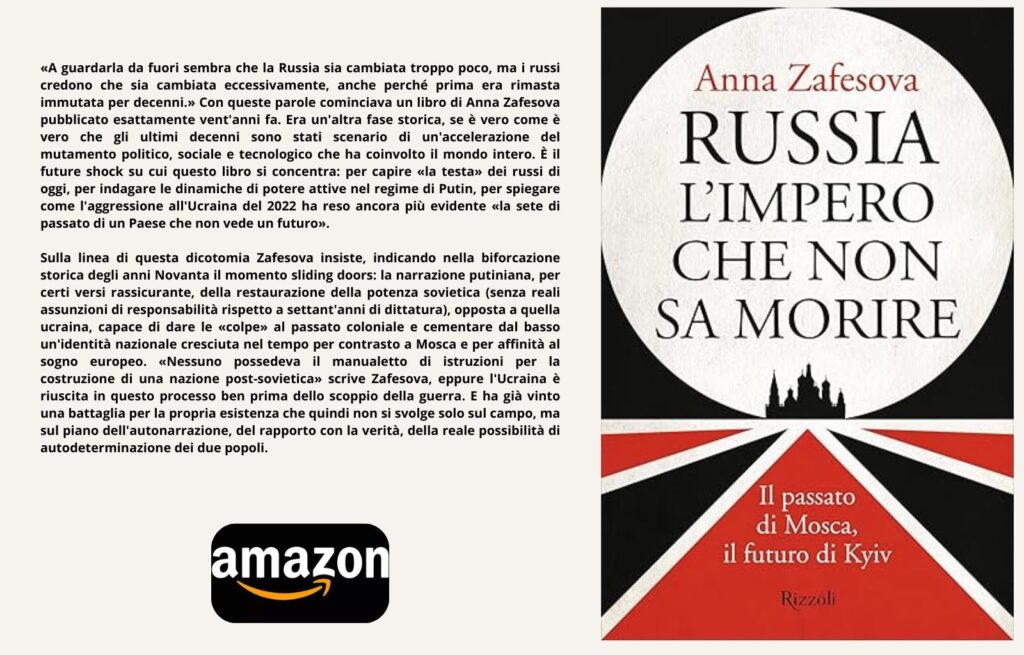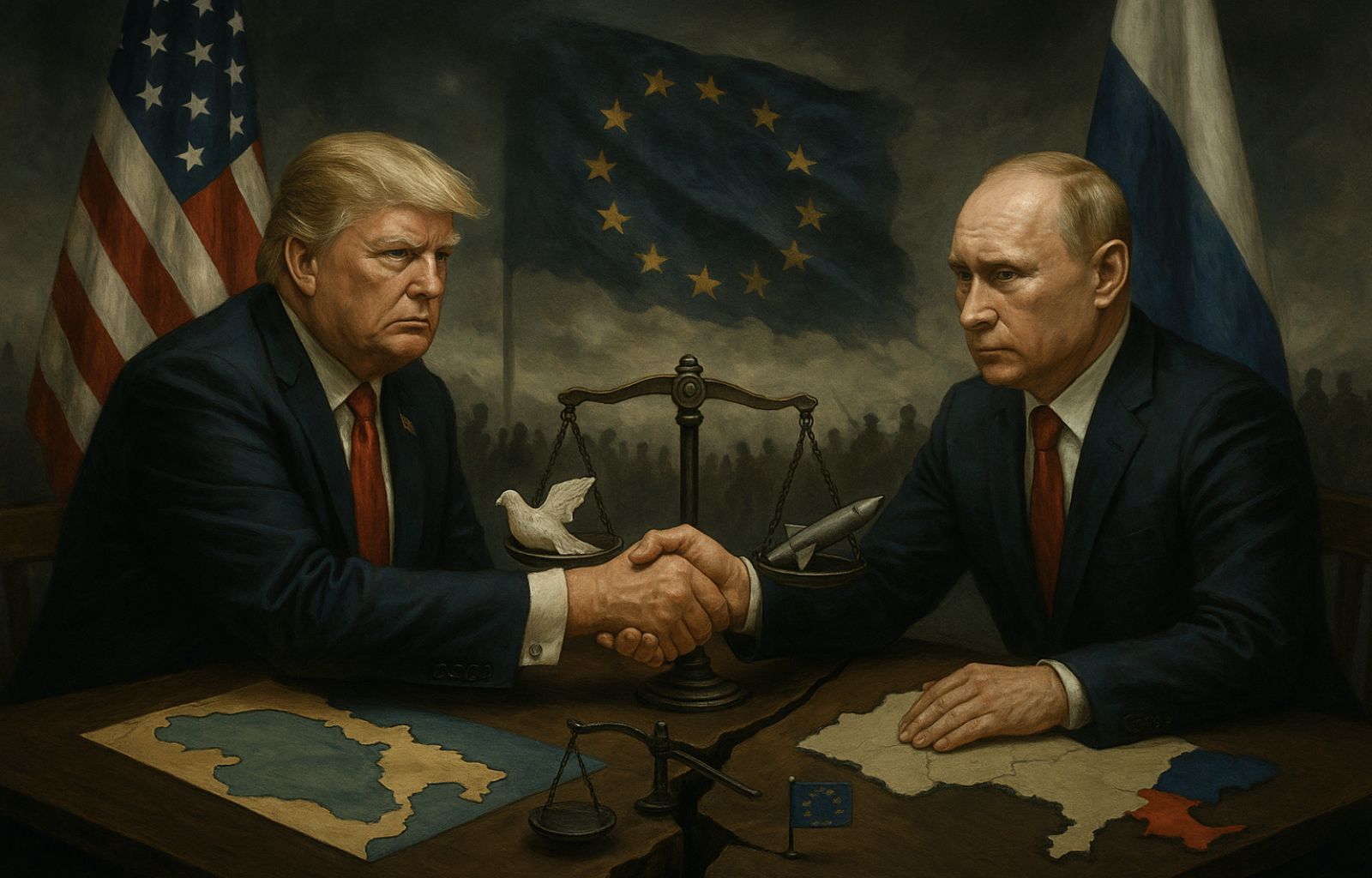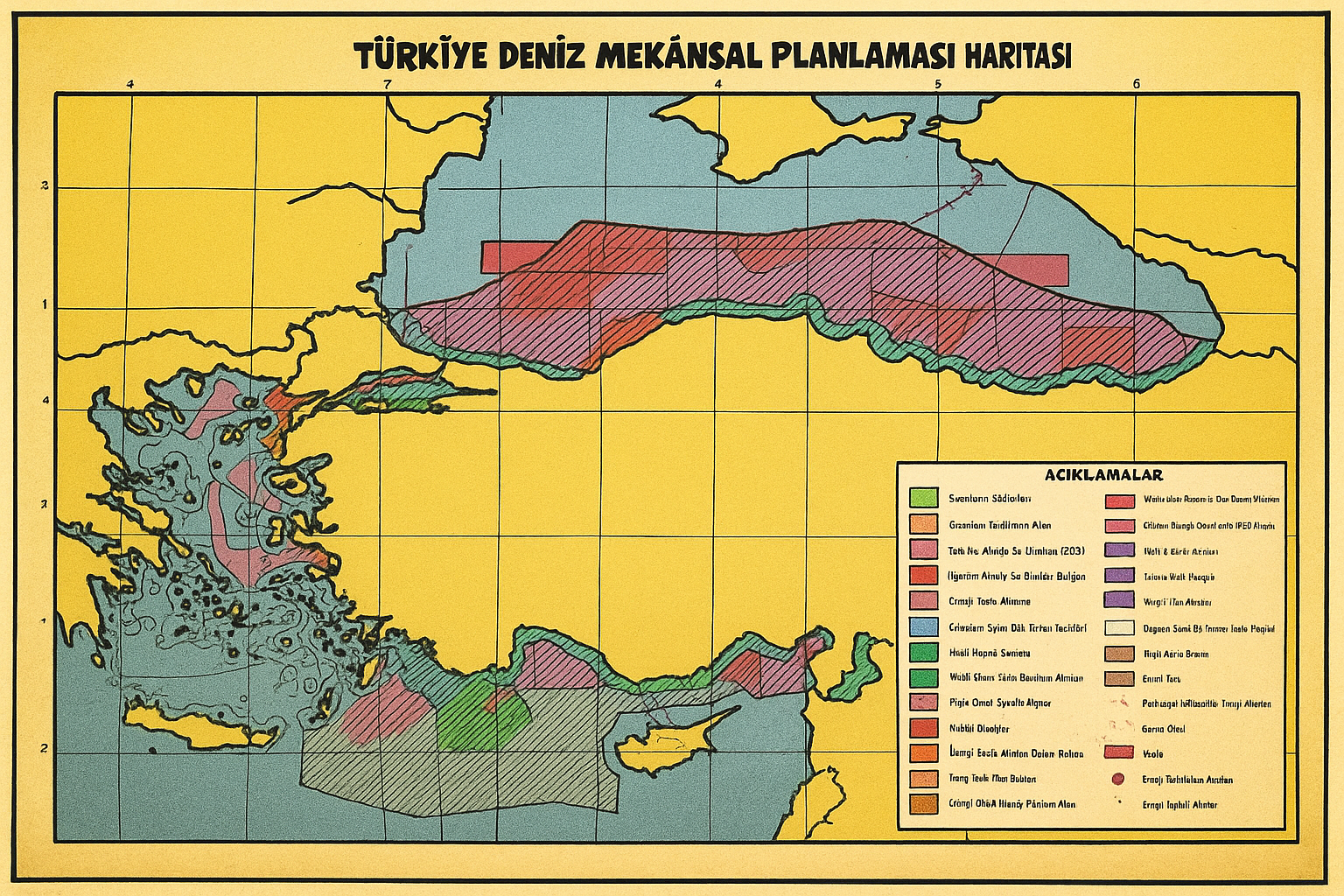Little Mother Russia: Putin hides the country’s demographics

“Russia will no longer publish any demographic data. From now on, it is a state secret‘. It was with this lapidary sentence that Nona Mikhelidze, senior fellow at the Institute of International Affairs, gave voice on X to a piece of news that passed quietly but had deflagrating potential. On 2 July, Rosstat released a new collection of statistics, but something was missing. Something fundamental. For the first time, the entire chapter on demographics was removed, leaving only a couple of generic indicators accessible. No data on birth rates, mortality, internal migration, where newcomers come from, nor any trace of figures on refugees, forced displacement, marriages and divorces. An informative black hole that hints at another, perhaps even darker reality: that of a demographic collapse that is now out of control.
The last complete Rosstat bulletin dates back to March 2025 and was published on 16 May, in line with the usual timetable. But since then, nothing. No update for April, nor any indication of the following months. In the past, figures for April had been released by the first ten days of June at the latest. This absence, as anomalous as it is disturbing, prompted several independent publications to investigate. Mediazona confirmed that even the monthly report on the ‘Socio-Economic Positioning of Russia’ for the first five months of 2025 no longer includes any demographic information. A silent censorship taking place at the worst possible time for the country.
Everything suggests that the authorities have decided to hide the truth, not out of fear of a methodological error, but out of fear of judgement. Russia’s demographic data, already worrying in recent years, may have plummeted beyond all expectations. In 2024, births had fallen below 600,000 in the first six months of the year, marking the worst figure since 1999. The national fertility rate had fallen to 1.41 children per woman, far from the 2.1 considered necessary for generational change. The measures taken by Moscow – such as birth bonuses or restrictions on abortion – have not reversed the trend. On the contrary, by 2025 the situation seems to have worsened further, with a free fall that is now being attempted to be concealed.
The decision to close data access is not just a political choice. It is an existential gesture. Russia is a state that has always based its strength on the vastness of its space, its strategic depth, the breadth of its territory and the mass of its population. To be reduced to an ’empty’ nation would be, for the Russian imperial imagination, a psychological defeat before even a geopolitical one. The strength of the army, the productive capacity, the social resilience: it all depends on the quantity, as well as the quality, of the people. And today this quantity is in deep crisis.
Making the situation even more dramatic is the impact of the war in Ukraine. Not only for the human losses, but also for the exodus of young people and professionals fleeing forced recruitment and the closure of the system. Unofficial statistics speak of hundreds of thousands of men of working age leaving the country. The result is a society that is rapidly ageing, losing human capital and unable to retain its talent, despite state incentives and patriotic narratives.
The Russian demographic crisis, although extreme, is not an isolated case. Ukraine, for example, also faces a plummeting birth rate, with a fertility rate of around 1.3, while wars and instability drive thousands of people out of the country. But for Moscow the blow is harder: because its claim to be a great global power clashes with the reality of a state that is losing inhabitants faster than it can replace them. It is no longer just a social problem. It is a structural, strategic, identity problem.
In a reality where even industrial production is struggling, where the brain drain threatens every technological ambition, and where military projection costs thousands of young lives every year, silence about numbers may be the last resort of power to protect its myth. But hiding the data will not stop the crisis. On the contrary, it will make it more difficult to deal with. Because if Russia finds itself fragile precisely where it has always believed it was strong – in population, in resilience, in continuity – then the problem is not just demographic. It is existential. And it concerns the entire future of the country.












